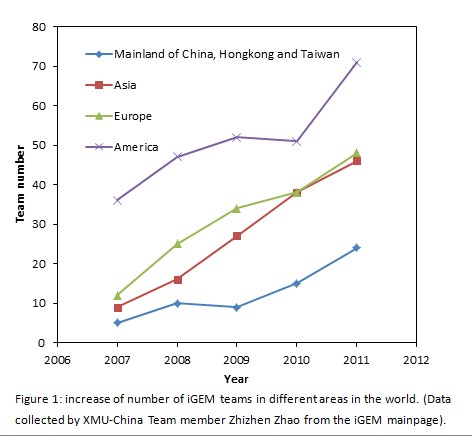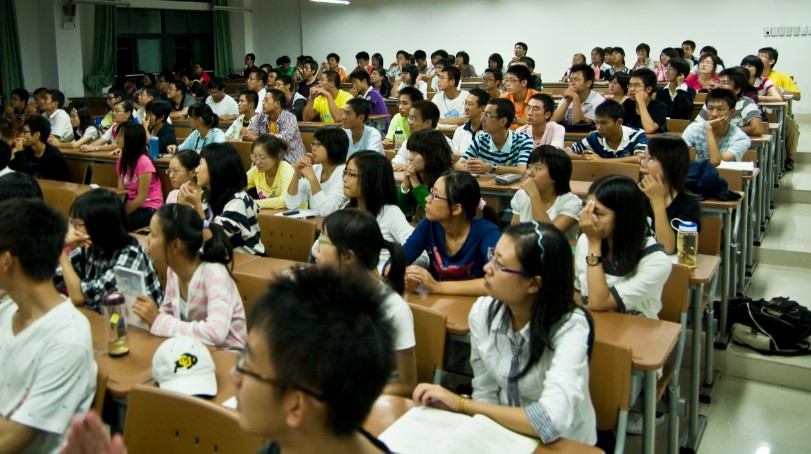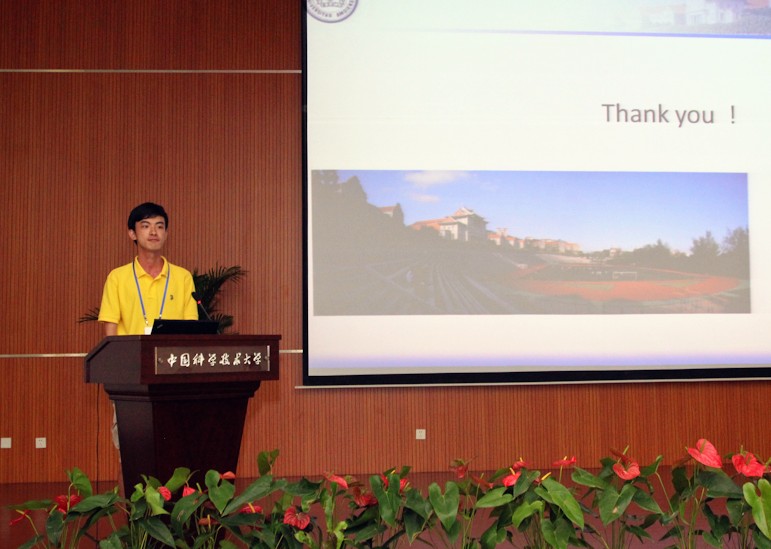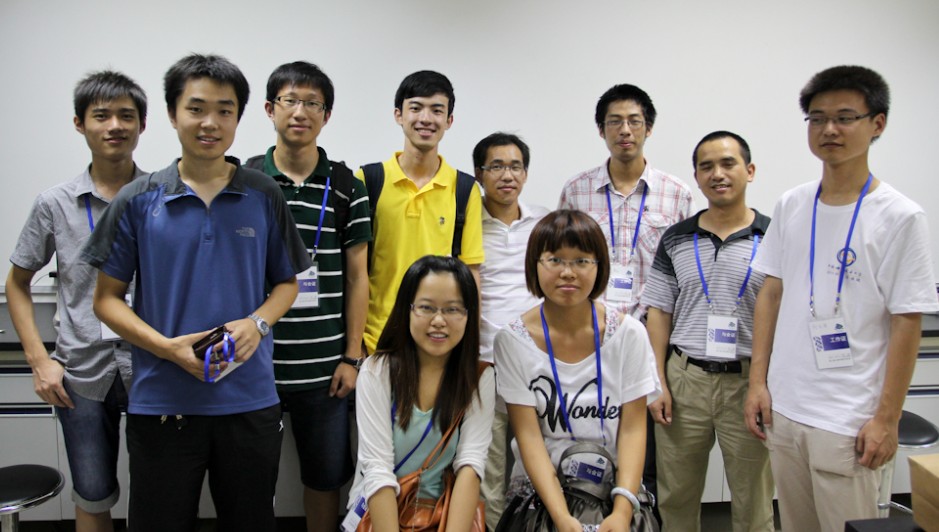Team:XMU-China/Human Practice
From 2011.igem.org
(→OPEN LAB DAY FOR KIDS) |
(→OPEN LAB DAY FOR KIDS) |
||
| Line 73: | Line 73: | ||
</td> | </td> | ||
<td> | <td> | ||
| - | <img src="https:// | + | <img src="https://static.igem.org/mediawiki/2011/5/52/Example333.jpg"> |
</td> | </td> | ||
<td> | <td> | ||
| Line 84: | Line 84: | ||
</table> | </table> | ||
</html> | </html> | ||
| - | |||
[[File:Example444.jpg]] | [[File:Example444.jpg]] | ||
[[File:Example555.jpg]] | [[File:Example555.jpg]] | ||
Revision as of 02:38, 29 October 2011
Contents |
Human practise
OVER VIEW
Synthetic biology is still in an early developing stage in China and it is believed to bring new opportunities to biotechnology and to solve critical problems and scares that we might face now and in the future, like food and fuel crisis.
However, similar to the situation in western countries, synthetic biology is still in an emerging field in China that lacks clear definition and safety laws. The lack of a well-accepted definition and safety concerns do not seem to stop the Chinese government and scientists from pursuing synthetic biology. In recent years, high standard labs and institutions have been set up featuring mainly on research of synthetic biology. Funds from Chinese government on synthetic biology increases significantly. There are several universities that are playing the leading role in the field of synthetic biology in China, while more and more universities and colleges are joining in. A good example to show the Chinese students’ curiosity on synthetic biology might be the increasing number of universities that took part in the iGEM competition through the past five years.

The iGEM competition opens the door of synthetic biology to the new generation of Chinese college students. What the iGEM offers is not only a new study field, but also a new way to conduct scientific research work: work as a team. What’s more important is that this competition gives students a chance to evaluate the safety issues related to a new scientific field which is not yet widely known by the public.
Hence we know that our project might raise some safety concerns and we have the responsibility to inform the public of potential risks of biotechnology and synthetic biology, and also teach them how to avoid these risks in the lab and our daily life. The public’s opinion in turn, could be used to help us examine our safety protocols as well as considering the general safety principles of synthetic biology.
Therefore, for our Human Practice we have organized and participated in various events. We organized the Open Lab Day for kids from a primary school in Xiamen. Our team members and instructors gave a lecture on synthetic biology in Xiamen University, mainly focusing on biosafety issues. We took part in the 2011 iGEM China Meetup at USTC, Hefei.
OPEN LAB DAY FOR KIDS

|
At the beginning of the 2011 autumn semester, we invited students from Yanwu Elementary and their parents to our Lab. We first visited a class of Grade 3 in this school and sent out our invitation cards. The Open Lab Day information was also released on the internet. This activity was greatly supported by the president of Yanwu Elementary and many kids and their parents showed great interest. After all, in China, opportunity for primary school students going into the lab is so rare that they regarded it a really worth thing to do. 15 kids and their parents joined us in the Open Lab Day on Sept. 25. They were first showed quite a lot pictures of insects and microorganisms in an exhibition prepared by our team members in the Ground Hall. Most of the pictures were taken by our team member Zhizhen Zhao in the Dinghushan National Nature Reserve in August, giving kids a general understanding of lives from the Biggest to the Smallest. Then we gave the kids and their parents a short lecture on life science and synthetic biology. Many parents showed both interest and concerns about synthetic biology, and almost all of them never heard of this subject before. We discussed the practical application of synthetic biology as well as the safety threat it might bring about. Finally after being given safety instructions, kids were led into the lab doing some interesting experiments and playing some games with the help of our iGEM team members. They learned some basic organelles inside a cell and watched different types of cell samples using microscope. They were also taught how to use pipette. Many parents told us that they thought their children had learned a lot in this activity. | ||

|

|

|

|

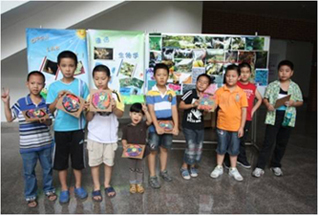

THE BIOSAFETY LECTURE
Our instructor Zhaoshou Wang and team member Xin Wu gave a public lecture on biosafety issues in Xiamen University in September. This lecture was to awake the public awareness of biosafety and start their discussions about the definition of synthetic biology in their views. This public lecture was so popular that students from various majors took part in the discussion.

2011 iGEM CHINA MEETUP
July 29, 5 members of iGEM Team XMU-China took part in the 2011 iGEM China Meetup at USTC, Hefei. Our team member Xin Wu made a presentation of our project this year and talked about ideas relating to biosafety and team management. This meetup was such a success that we made many friends and helped each other in projects.

HELP ANOTHER iGEM TEAM
On August 30, the iGEM team of Wageningen sent us an email for help. They had developed a software tool for optimizing cloning strategies and we helped them testing their software tool by offering them the data of our new Biobrick part BBa_K658001 and the number of its cloning rounds. They soon wrote back to us saying that the prediction of their software tool met the result of our real cloning rounds quite well.
Meanwhile, we have got kindly help from iGEM Team USTC-China, iGEM Team WHU-China and iGEM Team Tsinghua, especially from Zhen Wang, the former iGEM Team member of USTC-software.
 "
"

